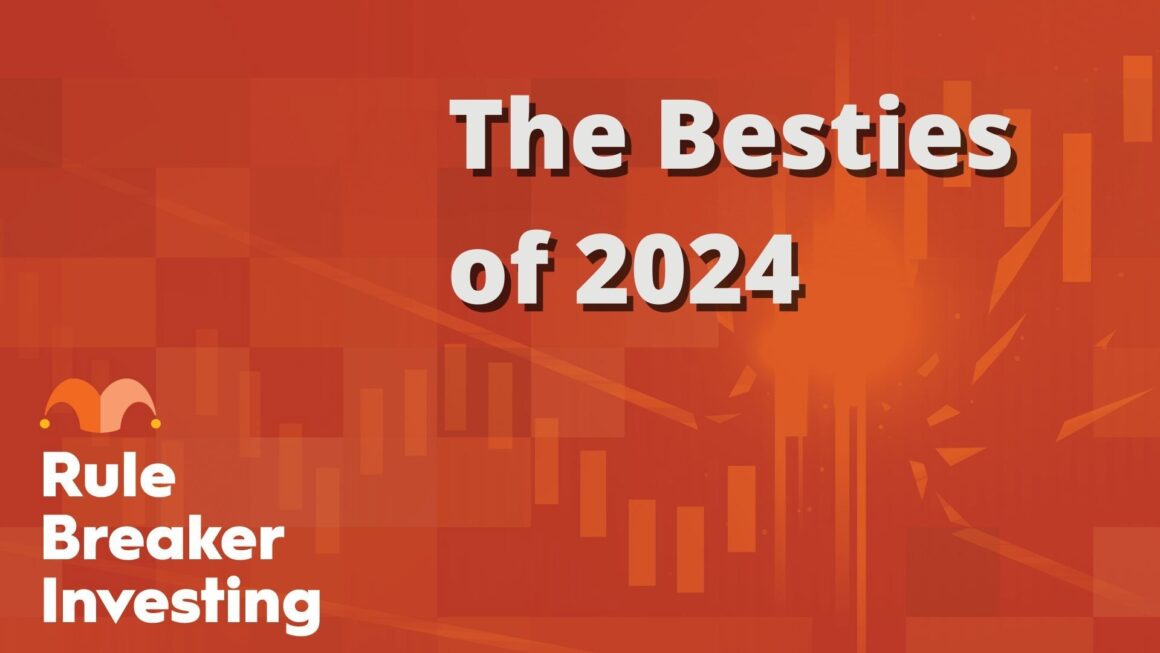ETF?
The Exchange Traded Funds(ETF) is a popular investment product that allows the trader to trade on a variety of the assets in the one package.
An ETF, or Exchange Traded Fund, is a speculation item that can contain a scope of advantages, from stocks to securities to products, in one packet. Exchanged on the financial trade, it very well may be handily bought and sold as attractive security.
While avoiding the mark concerning the figures for resources under administration in shared assets and annuity reserves, ETF speculation has performed in reputation as of late. For instance, in 2019 the Trading Products put resources into ETFs all around the world including some $6.1 trillion contrasted with $4.6 trillion the prior year, as per information from Statista.
Types of ETFs
There are different kinds of the range of ETFs that are designed to track certain indices to specialty, commodity products. Their are Following some types of ETFs :
- Bond ETFs that incorporate corporate, government, and municipal bonds.
- Commodity ETFs in which traders will invest in major governments such as gold and oil.
- Currency ETFs investing in different currencies such as USD and CAD.
- Industry ETFs track particular sectors such as Biotech or retail.
- Inverse ETFs that focus on the shorting of the stocks and attempting the profit from the bearish trends.
Benefits Of Investing In ETFs
There are numerous advantages of putting investing into ETFs, going from having the option to purchase and sell whenever of the trading day, through to a decision of a wide scope of benefits, conceivable duty efficiency. Here are some of the benefits of Investing in ETFs discuss below:
Accommodation
With ETFs, the financial specialist approaches a scope of advantages across different areas. Likewise, ETFs can be bought or sold whenever during the trading day, instead of shared assets, which settle after the market close.
Cost
With ETFs, there is no business loan, despite the fact that financier commissions and cost proportions do have any significant bearing
Enhancement
Risk can conceivably be managed all the more successfully over the various portfolio
Expense Effectiveness
ETFs regularly don’t frequently circulate capital additions, empowering a few financial specialists to hold for longer time frames so as to get more great assessment treatment from long term stock Investments.
Adaptability
Due to being traded like stocks, various kinds of requests can be put, for example, breaking point and stop requests and financial specialists can buy on margin, which isn’t an option with shared assets.
All things considered, it might merit thinking about whether ETFs are the best instrument to use to exchange specific business sectors. For instance, with the EWA ETF, a trader can get to organizations with a high presentation to Australia, adequately permitting admittance to the Australian buyers and economy. Notwithstanding, financial specialists can likewise exchange the presentation of the Australian economy through the AUD/USD cash pair. It additionally has the advantages of the cash market which has 24/5 trading hours and conceivably more prominent liquidity.
Most Popular ETFs
The most popular ETFs regarding trading volume, as of March 2020, incorporate the SPDR S&P 500 ETF, (SPY) which tracks the S&P 500 securities trading account. Other famous decisions incorporate the iShares MSCI Emerging Markets ETF (EEM) which tracks developing business sector values, and the VanEck Vectors Gold Miners ETF (GDX), which follows the presentation of the NYSE ARCA Gold Miners Index. Discover the biggest ETFs by resources under administration.
How to Invest In EFTs?
Presently you recognize what an ETF is and what the absolute most well-known ones are, the following stage is putting resources into an ETF. To do such, financial experts should make the following steps:
1. Open Trading Account
Depending upon the ECN Forex Broker, traders will approach an assortment of ETFs which are traded like individual stocks. A few dealers permit sans commission trading of their own restrictive ETFs, some have organizations with outsider ETF suppliers. On the head of the potential financier commission to buy or sell, speculators should investigate the yearly cost proportion of every ETF to see how expensive it will be for you to hold the trade.
2. Plan the Portfolio
It’s critical to expand with regards to assembling a portfolio. Numerous ETFs contain comparative property to other people, so speculators should ensure that their portfolio covers unique resource classes, with a wide range of benefits inside. For instance, while a speculator might need to hold an ETF zeroed in on set up development values, they may likewise need to hold a little cap ETF or one that has an alternate introduction by area or geology to adjust the danger.
At trading volumes for a measure of prominence and exploration of the presentation history of every ETF to figure out its ongoing exhibition. In any case, kindly note past execution isn’t characteristic of future outcomes.
3. Place Your Order
Similarly as with stocks, continue with the request by selecting the ticker image, noticing value, a number of offers, and order type, and conclude whether to go for cutoff points and stops where accessible.













